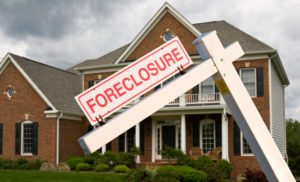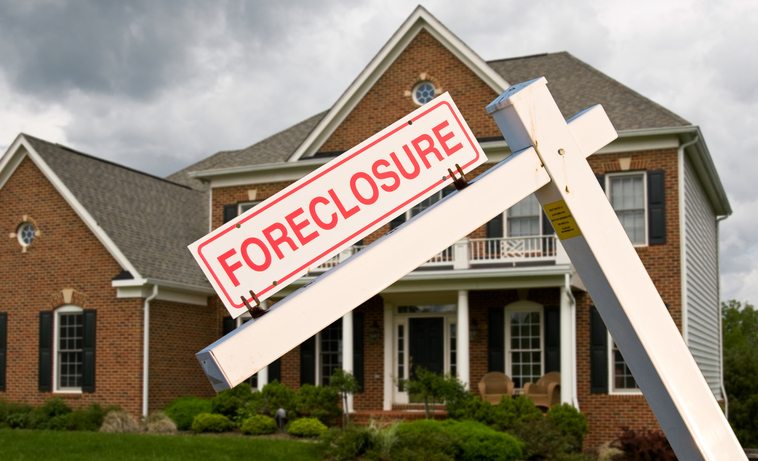
If the 2007-08 financial meltdown taught us anything, it was that buying into the American Dream can quickly turn into the American Nightmare. A record number of home foreclosures forced millions of Americans to move into more affordable housing. Homeowners that fail to maintain their part of a mortgage agreement risk losing their homes to foreclosure. Americans that go through the foreclosure process see credit scores drop faster than Donald Trump’s approval rating. However, by working with a licensed real estate attorney, you can implement one of several strategies to help you avoid foreclosure.
Consult with a Foreclosure Prevention Counselor
Foreclosure prevention counselors offer valuable advice on how to avoid foreclosure. This should be the first step in your attempt to keep your home and maintain your spotless credit score. HUD (Housing and Urban Development) approves nonprofit credit and housing counseling agencies that provide free recommendations to help you avoid the legal system. The HUD website presents the list of approved housing counselors. Never do business with a housing counseling agency that charges a fee for services.
Collaborate with the Lender
Most lenders want to recoup the money tied up in mortgage agreements. Banks want to work with homeowners that find themselves on the brink of foreclosure. You can ask for forbearance, which represents the temporary suspension of mortgage payments. Forbearance allows you regain your financial footing. Banks typically agree to this option, if you can prove that you expect a cash windfall in the near future.
Here are some other ways to work out an arrangement with a lender:
- Loan modification
- Repayment plan
- Refinancing your home
- Mortgage reinstatement
Repayment plans represent the most popular way to work with a lender to avoid foreclosure. You still make monthly payments, but you pay less each month over a longer period.
Ask the Government for Help
The United States government offers a program called Making Homes Affordable. The program offers homeowners two options to avoid foreclosure. You can either refinance or modify your mortgage. Refinancing helps borrowers that have kept up with mortgage payments, but they owe more than their homes are worth. Loan modification assists homeowners on the brink of foreclosure.
Hand Over Your Property Deed
Some lenders accept homes in return for the cancellation of mortgage debt. Lenders then try to sell the homes to recoup at least some of money owed from your mortgage. This foreclosure avoidance strategy does not allow you to keep your home, but your credit rating does not take a major hit.
Sell Your Home
Before you consider handing over your property deed, try to sell your home on your own. If your home has increased in value since the day you signed the mortgage contract, you can take the money earned from the sale of your home to repay the lender. Some lenders accept a short sale, which is when your home is worth less than the amount of the mortgage payments due.
Bankruptcy Filing
The foreclosure avoidance strategy of last resort involves filing for bankruptcy, especially if your lender has started the foreclosure process. An automatic bankruptcy stay gives you time to get back on your financial feet, as well as give you more time to negotiate with the lender. After a bankruptcy court lifts the automatic stay, you have to make a decision on whether to continue down the bankruptcy road.
If you face a foreclosure closure proceeding, you need to work with a licensed real estate attorney that specializes in foreclosure cases. Only consider real estate attorneys that offer a free consultation to determine how to help you avoid foreclosure.
